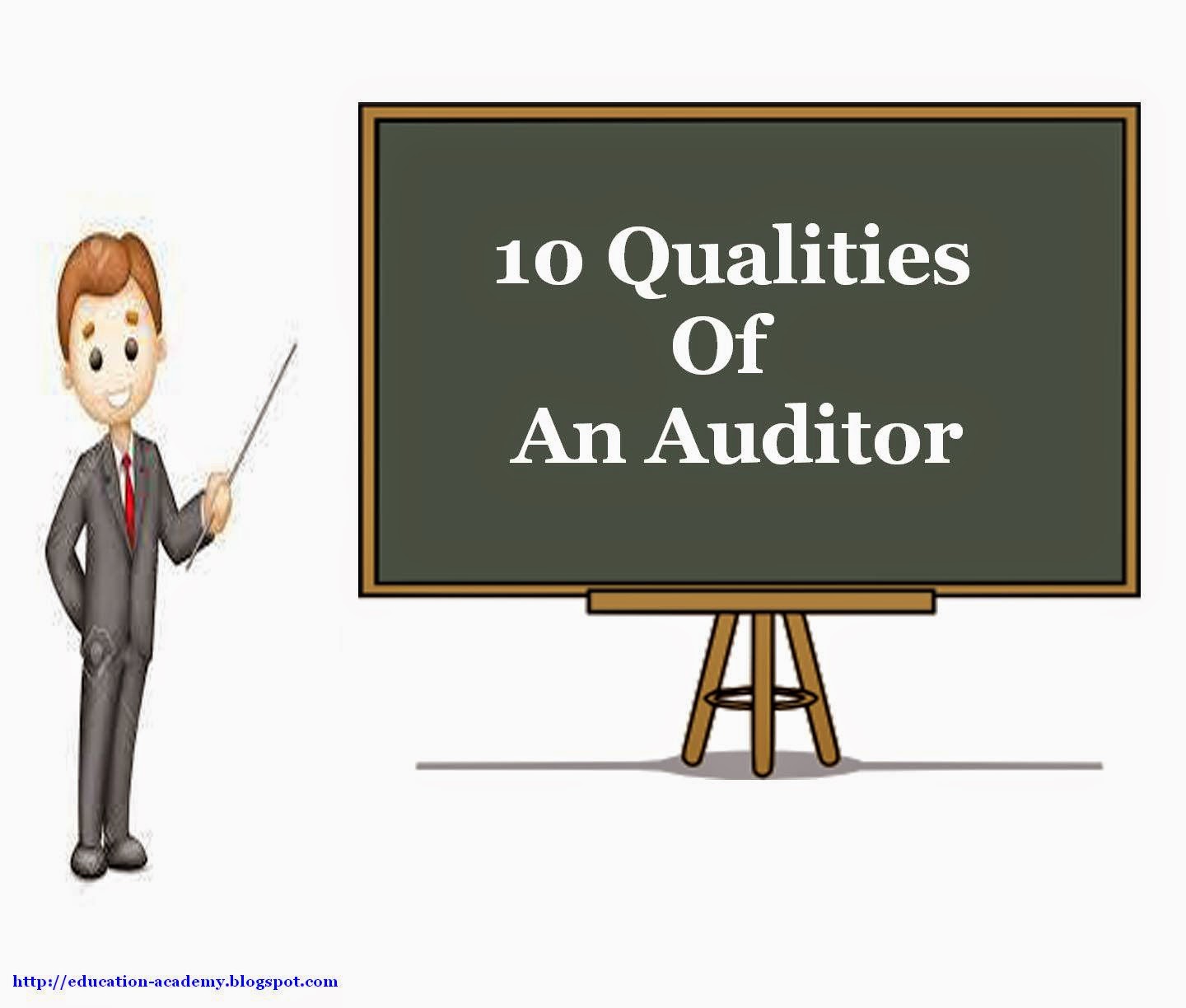The main object of an audit is to prove the accuracy of the accounts and the financial statements prepared therefrom. If they are found accurate, then auditor should prepare and issue report accordingly. On the other hand, if they are not found correct, then subsidiary objects are:
1. To detect errors.
2. To detect frauds.
3. To prevent errors and frauds.
Errors in Accounts
Following type of errors are found in accounts:
(a) Errors of Omission---these errors arise when a transaction is entirely omitted from the books. They may also be taken to include errors in which the amount originally entered in the books is short. They do not in any way effect the agreement of the Trial Balance.
(b) Errors of Commission---they consist of wrong entries, postings, additions, transfers and the like, such as:
i. Making a wrong entry in a book of original record;
ii. Errors in the addition and carry forwards in books of original entry:
iii. An item posted to the wrong side of an account. They may and may not effect the agreement of the Trial Balance.
(c) Errors of Principle---they arise where a particular transaction has not been recorded according to the accepted principles of accounting, e.g., an item of expense may be debited to an asset account instead of to an expense account of vice versa. They do not effect the agreement of the Trial Balance.
(d) Compensating Errors---they are errors that counteract each other and that is why are difficult to discover. They may be dissimilar in but are of a similar amount. They do not effect the agreement of the trial balance.
Errors of Omission, Commission and compensating are known as "Technical or Clerical Errors."
Frauds In Accounts
As applied to accounting, fraud constitutes any act or omission to act of a deceitful and therefore dishonest nature, or negligence so gross as to constitute fraud. The result is to take property from its rightful owner without the permission or knowledge of the owner, or to misstate a situation, either knowingly or by gross negligence.
To Prevent Errors & Frauds
In order to control fraud, one must be familiar with the forms of fraud which may be as under:
1. Miss appropriation of Cash.
2. Miss appropriation of Goods.
3. Manipulation of Accounts.
1. Miss appropriation of Cash---cash miss appropriated by dishonest employees is concealed either by omitting to enter receipts or by entering fictitious payments. This can be done in the following ways:
(a). Omission of sales and the miss appropriation of cash received from customers.
(b). False credits passed in the customer's accounts, returns, allowances or bad debts for the purpose of stealing an equivalent amount of cash received.
(c). Theft unusual receipts of cash e.g. from sale of waste, recovery of bad debts written off in the past.
(d). Miss appropriation of cash received on accounts of goods sent on sale or return or under VPP. System, the goods being as having been returned.
(e). Recording fictitious purchases or expenses.
(f). Miss appropriation of wages, cash by putting in the wages sheets dummy names or by overcasting the sheets.
Miss appropriation of Goods---Goods thefts occasionally are negotiated over a long period without detection, especially if the individual thefts are small. Merchandise theft arises through the execution of false sales orders, accompanies by the shipment of good to fictitious customers and the subsequent pick up of the merchandise at the fictitious address. Thefts of securities are unusual but frequently they are not discovered until long after perpetration. Thefts of supplies, small tools, e.t.c., are common.
Manipulation of Accounts---where it is desired to take the accounts of business in order to conceal the true position, it is called the manipulation of accounts. The object may be the avoidance of tax, prospective sales of the business, the increase of commission payable on profits. Such frauds may take one or more of the following forms:
(a). Recording fictitious sales or omission of sales.
(b). Recording fictitious purchases or omission of purchases.
(c). Over-valuation or under-valuation of stock-in-trade.
(d). Recording fictitious expenses or omission of expenses.
A systematic and efficient internal control system is necessary preventing or eliminating frauds. Honest management and capable, independent auditors constitute the best preventive in the circumstances.











